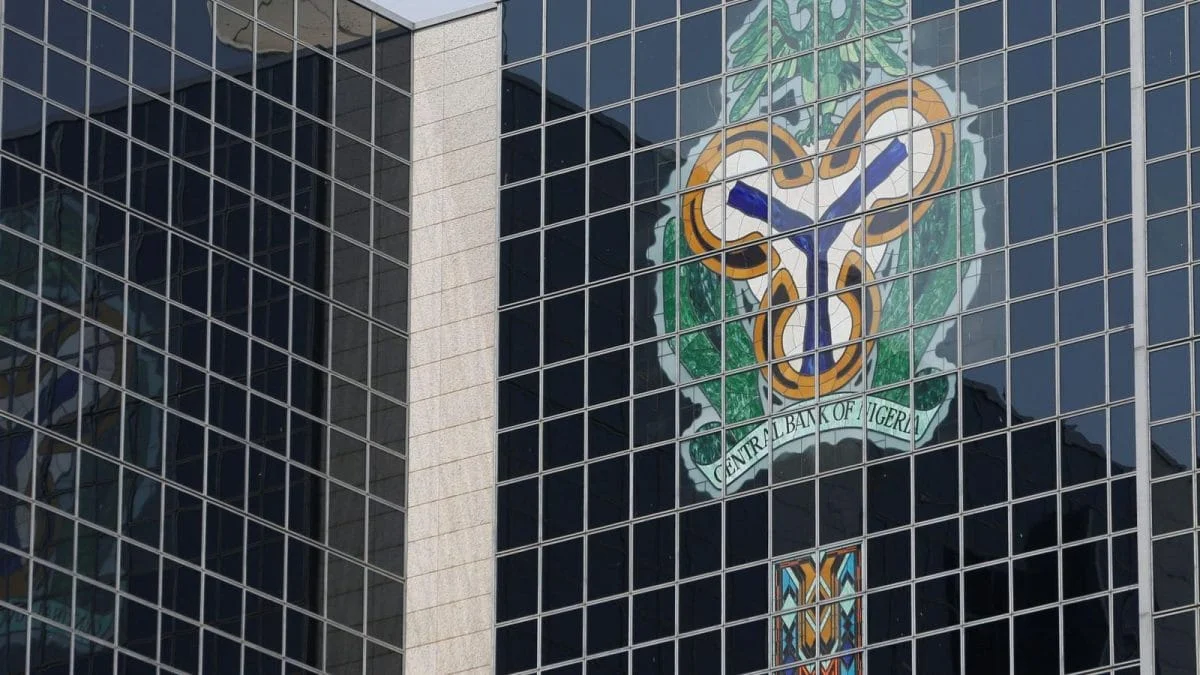The Central Bank of Nigeria (CBN) has announced the end of its cash swap programme for rural and unbanked Nigerians in the midst of a currency scarcity. The CBN Acting Spokesperson, Isa Abdulmumin, confirmed that the programme had achieved its mandate and had reached its designated endpoint. The move comes amid increasing economic instability in Nigeria, including currency devaluation and rising inflation.
The cash swap programme was launched in 2018 as a means of providing access to financial services for underserved populations in Nigeria. The programme involved exchanging cash for electronic value, which could be used to access financial services such as loans, savings accounts, and money transfers. The CBN hoped that the programme would reduce cash transactions and promote financial inclusion, ultimately boosting economic growth.
However, critics of the programme, including financial expert and Professor of Management & Account at Lead City University, Ibadan, Godwin Oyedokun, have argued that it was ineffective and failed to achieve its objectives. Oyedokun cited the continued currency scarcity as evidence that the programme was unsuccessful, as well as the pain and hardship caused by the Naira redesign policy.
The Naira redesign policy was implemented in 2019 in an effort to address counterfeiting and enhance the security features of the currency. However, the policy has been criticized for causing confusion and inconvenience for Nigerians, particularly those in rural areas who may not be familiar with the new design. The redesign has also been blamed for exacerbating the currency scarcity by making it more difficult to distinguish between genuine and counterfeit notes.
The decision to end the cash swap programme has been met with mixed reactions from Nigerians. Some have praised the CBN for taking action to address the economic challenges facing the country, while others have expressed concern about the impact on underserved populations who relied on the programme for access to financial services.
The CBN has sought to assure Nigerians that it remains committed to promoting financial inclusion and will continue to explore new ways to achieve this goal.
The bank has emphasized the importance of collaboration with stakeholders in the financial sector, including banks, fintech companies, and regulators, in order to achieve sustainable financial inclusion.



